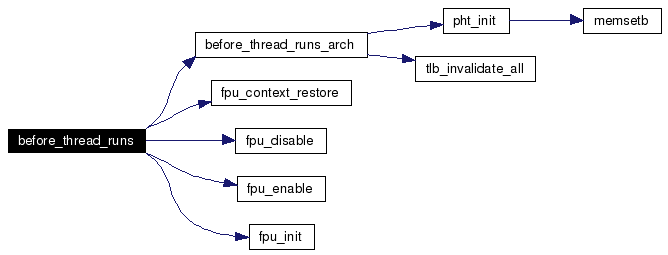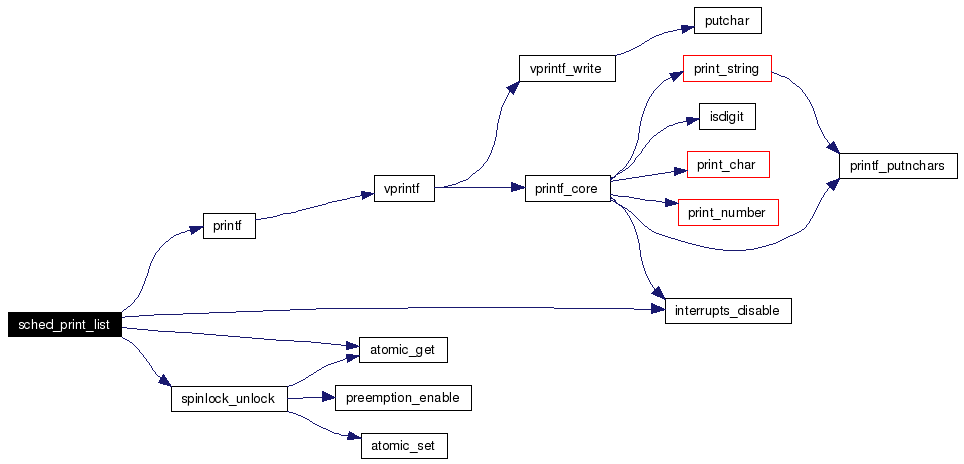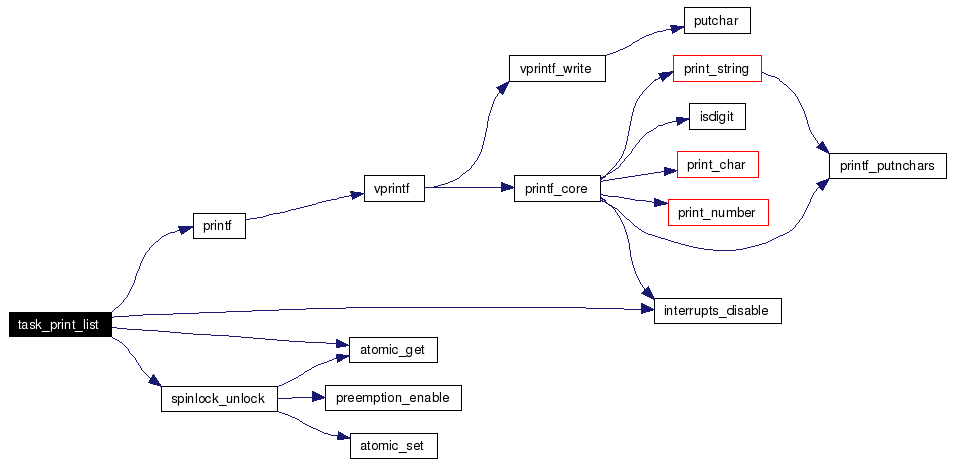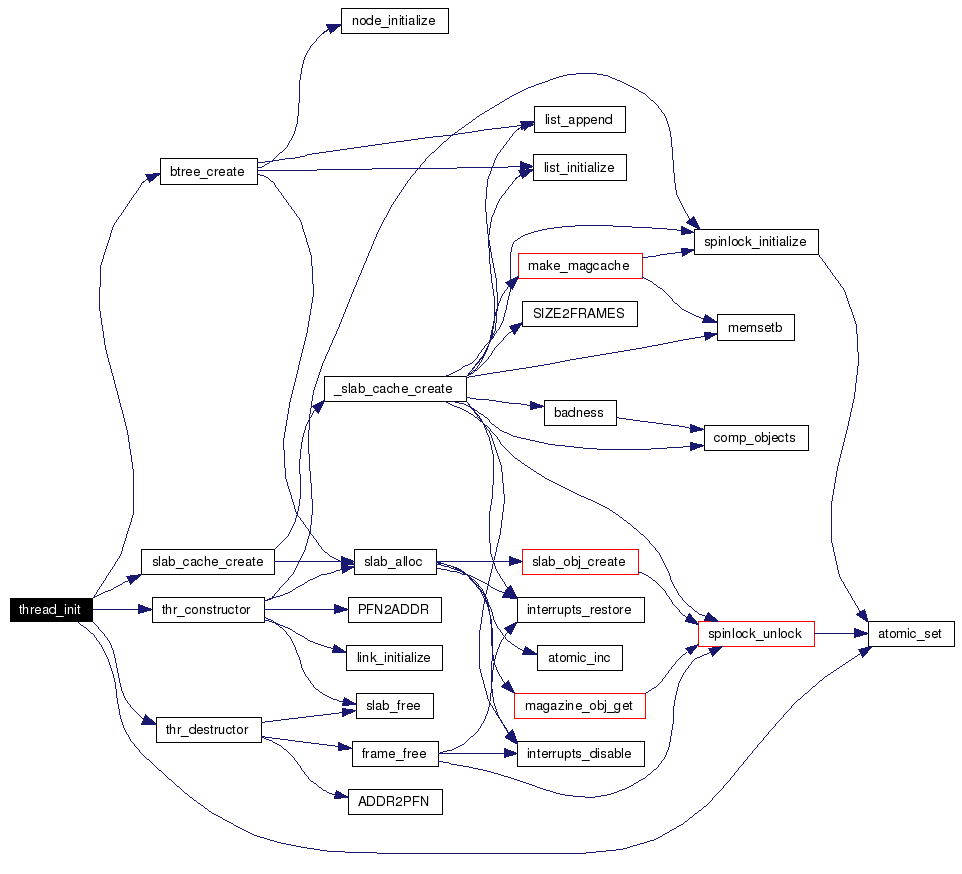|
|
Create new thread
Create a new thread.
- Parameters:
-
| func | Thread's implementing function. |
| arg | Thread's implementing function argument. |
| task | Task to which the thread belongs. |
| flags | Thread flags. |
| name | Symbolic name. |
- Returns:
- New thread's structure on success, NULL on failure.
Definition at line 293 of file thread.c.
References task::accept_new_threads, btree_insert(), thread::call_me, thread::call_me_with, context_save, context_set, thread::cpu, cushion(), thread::detached, Entering, FADDR, thread::flags, thread::fpu_context_engaged, thread::fpu_context_exists, thread::in_copy_from_uspace, thread::in_copy_to_uspace, thread::interrupted, interrupts_disable(), interrupts_read(), interrupts_restore(), context::ipl, thread::join_type, thread::join_wq, thread::kstack, last_tid, list_append(), task::main_thread, memcpy, memsetb(), thread::name, None, NULL, thread::priority, task::refcount, thread::rwlock_holder_type, RWLOCK_NONE, thread::saved_context, slab_alloc(), slab_free(), thread::sleep_interruptible, thread::sleep_queue, thread::sleep_timeout, spinlock_lock, spinlock_unlock(), STACK_FRAMES, thread::state, thread::task, task::th_head, thread::th_link, the_initialize(), thread::thread_arg, thread::thread_code, thread_create_arch, THREAD_NAME_BUFLEN, thread_slab, THREAD_STACK_SIZE, threads_btree, threads_lock, thread::ticks, thread::tid, timeout_initialize(), thread::timeout_pending, and waitq_initialize().
Referenced by kinit(), main_bsp_separated_stack(), sys_thread_create(), task_kill(), and task_run_program().
Here is the call graph for this function: 
|





































 1.4.6
1.4.6